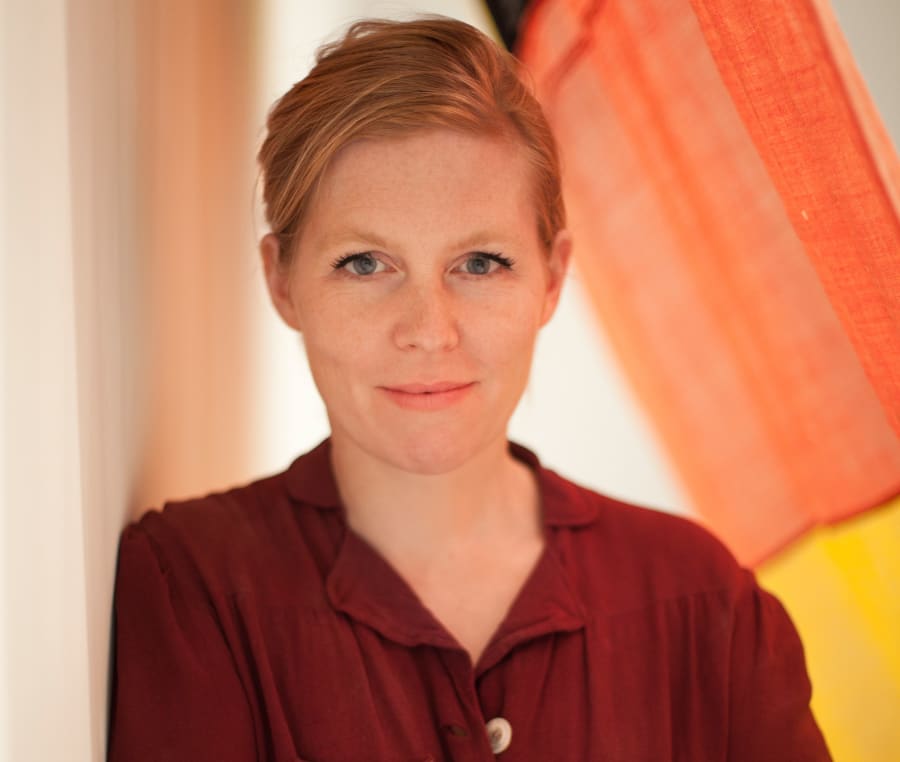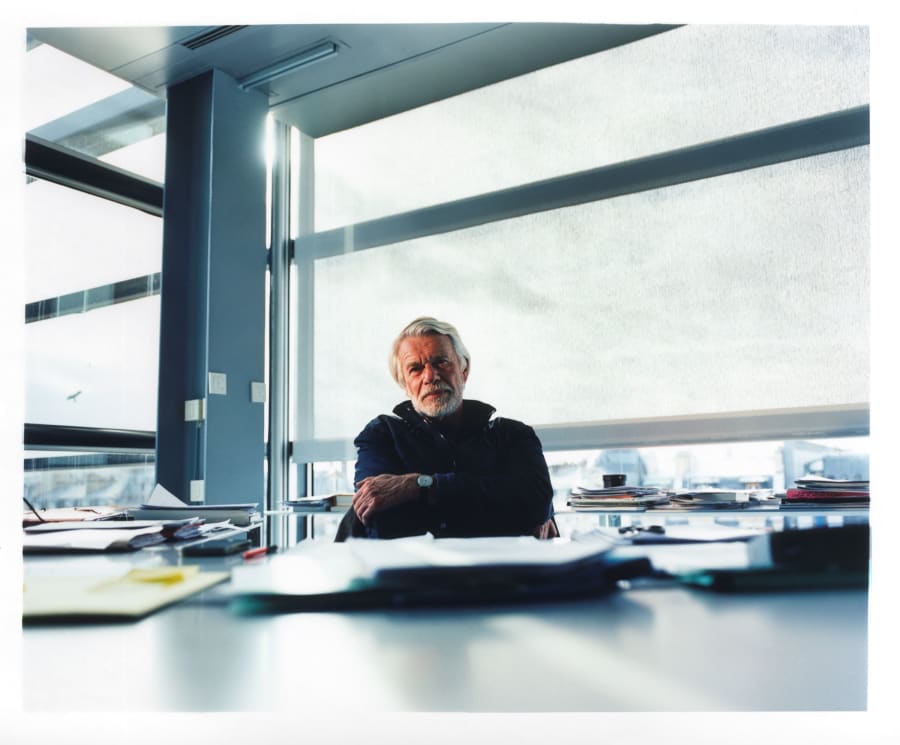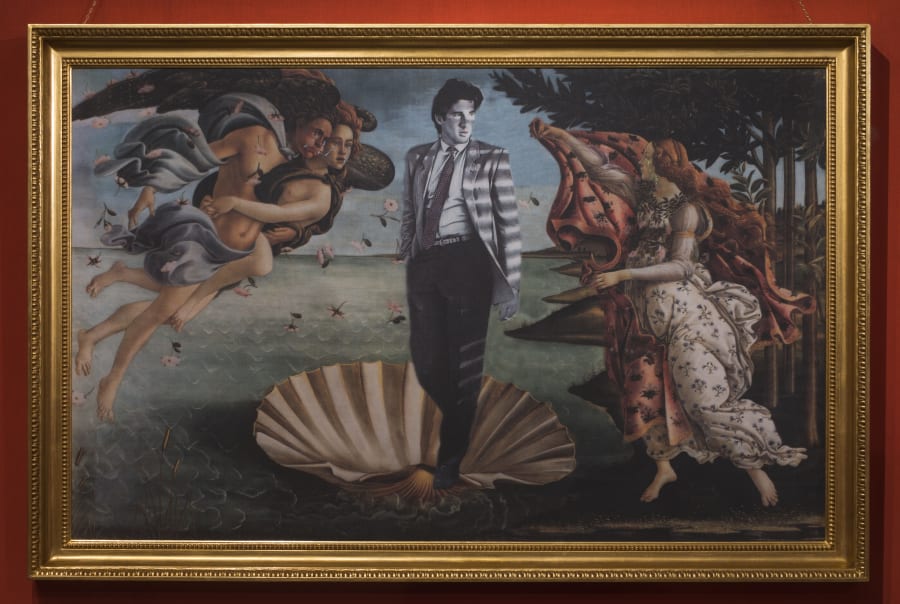Claire Fontaine’s series ‘Stranieri Ovunque - Foreigners Everywhere’ began in 2004: With variations in several colors and some 20 languages, these two words produced in neon tubing reflect the plurality of expressions used to designate the same idea. The viewer is confronted by semantics and alphabets that are largely foreign or even indecipherable, creating a mise en abyme in which we are made foreign to a text and thereby relativizing the character of a status with tenuous borders.
In Latinate languages, the word étranger (stranger/foreigner) is etymologically derived from the Latin extraneus, meaning ‘from the outside.’ This is how we designate that which is ‘foreign to us’ – to our family, our region, our nation. As history shows, the group we form to determine the limits of our community is a shifting one, governed by criteria that make sense when they are stated more or less implicitly. But the notion of ‘foreigner’ is fluctuating and it can sometimes be based on arbitrary and absurd criteria. Thus, in nations that endorse the legal principle of jus sanguinis, one can be a foreigner in the country where one has been born, raised, and always resided: a foreigner in one’s own land. Such a foreigner from within is not recognized by the country with which they have developed a unique intimacy throughout their life. It is by virtue of this same jus sanguinis that one can claim nationality despite having been born and raised beyond a country’s borders. In this way, statuses can be said to have the same flexibility as neon tubes, adapting to forms dictated by absurd laws to the point of becoming illegible.
Extraneus also gave rise to the word étrange (strange), which designates that which deviates from common sense; that which is out of the ordinary or appears as an oddity. Strangeness characterizes not only that which comes from elsewhere, it also applies to all those whose condition places them ‘out of the ordinary.’ People with impairments, LGBTQIA+ people, and non-white people are thus treated as undesirable excrescences of a homogeneous normative bloc. Just as colonized people become foreigners in their own land, the strange and the foreign are viewed at a remove by the group made up of those on the right side of the border.
Moreover, the borders created by humans according to the criteria of the powerful serve as barricades that doom the foreigners who fail to cross them. The institutional violence exerted at Europe’s borders through measures that claim to ‘protect’ – as if we were at war – endangers the lives of hundreds of individuals every day. In March 2023, 60 exiles – men, women, and children attempting to reach Europe from Libya – died of hunger and thirst. According to the NGOs, their pleas for help were ignored. Dead of hunger at the borders of the richest countries in the world. Their gruesome fate has been shared by nearly 30,000 ‘foreigners’ who our democracies have allowed to perish at Europe’s gates over the past decades. A sad echo of poet Jacques Prévert’s lament Étranges étrangers (Strange foreigners): ‘You are of the city / you are of its life / even if you live in evil / even if you die.’
Claire Fontaine reminds us just how much the experience of being foreign is intrinsic to our humanity: We are strangers to every other individual – this is the very principle of alterity. The other gives meaning to our individuality. In reality, it is our cruel indifference that makes us strangers to the respect for the fundamental values that should animate each and every one of us.
Claire Fontaine is represented by Mennour (Paris) and Galerie Neu (Berlin).
‘STRANIERI OVUNQUE - FOREIGNERS EVERYWHERE’
60th Venice Biennale
From April 20 to November 24, 2024
Rokhaya Diallo is an award-winning journalist, author, and director based in Paris
Credits of the top image: Claire Fontaine, Foreigners Everywhere series, 2004 — ongoing. Teasing installation view at Mennour, Paris, 2023. © Studio Claire Fontaine. Courtesy of the artists and Mennour, Paris. Photo credit: Archives Mennour.
English translation: Jacob Bromberg.


